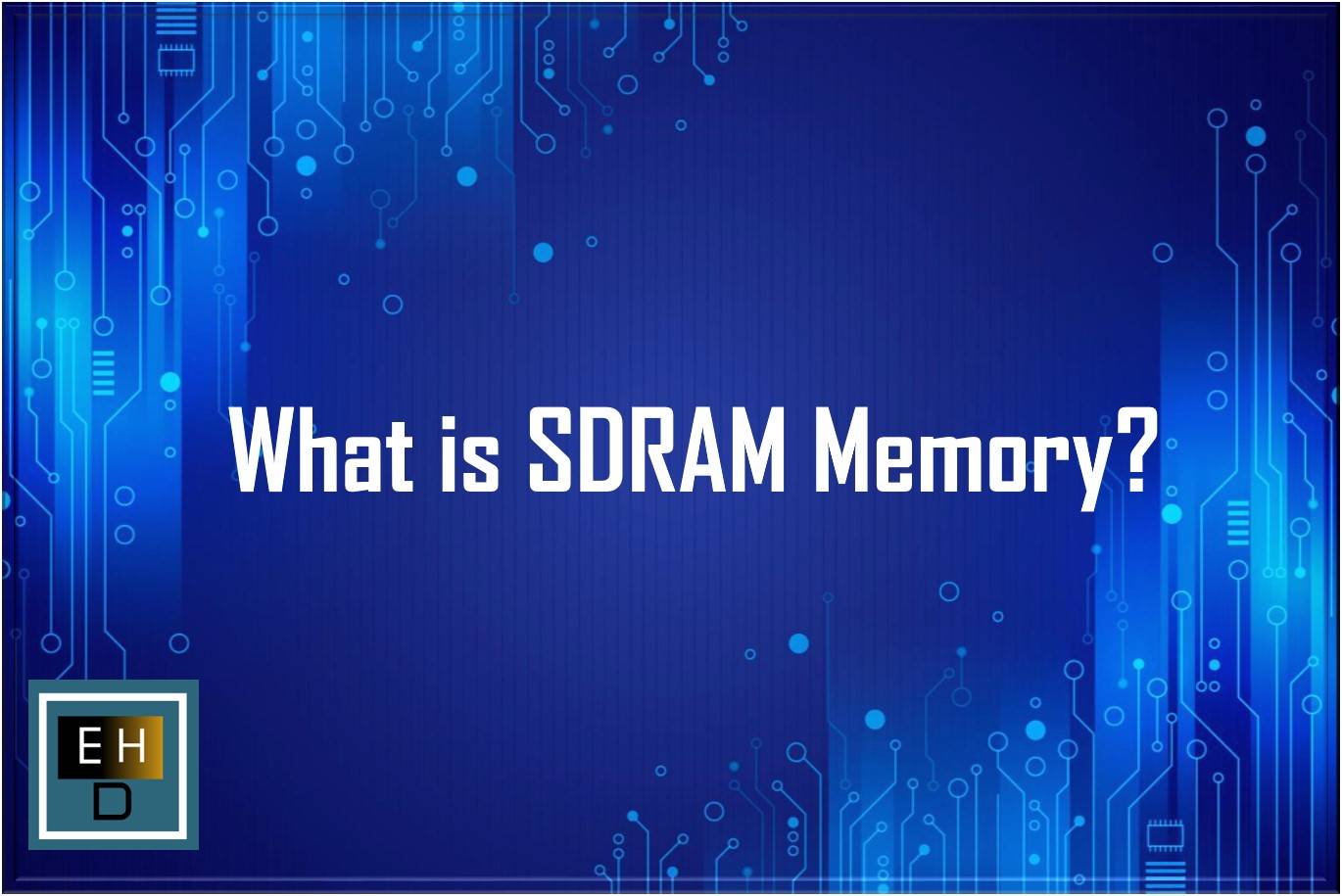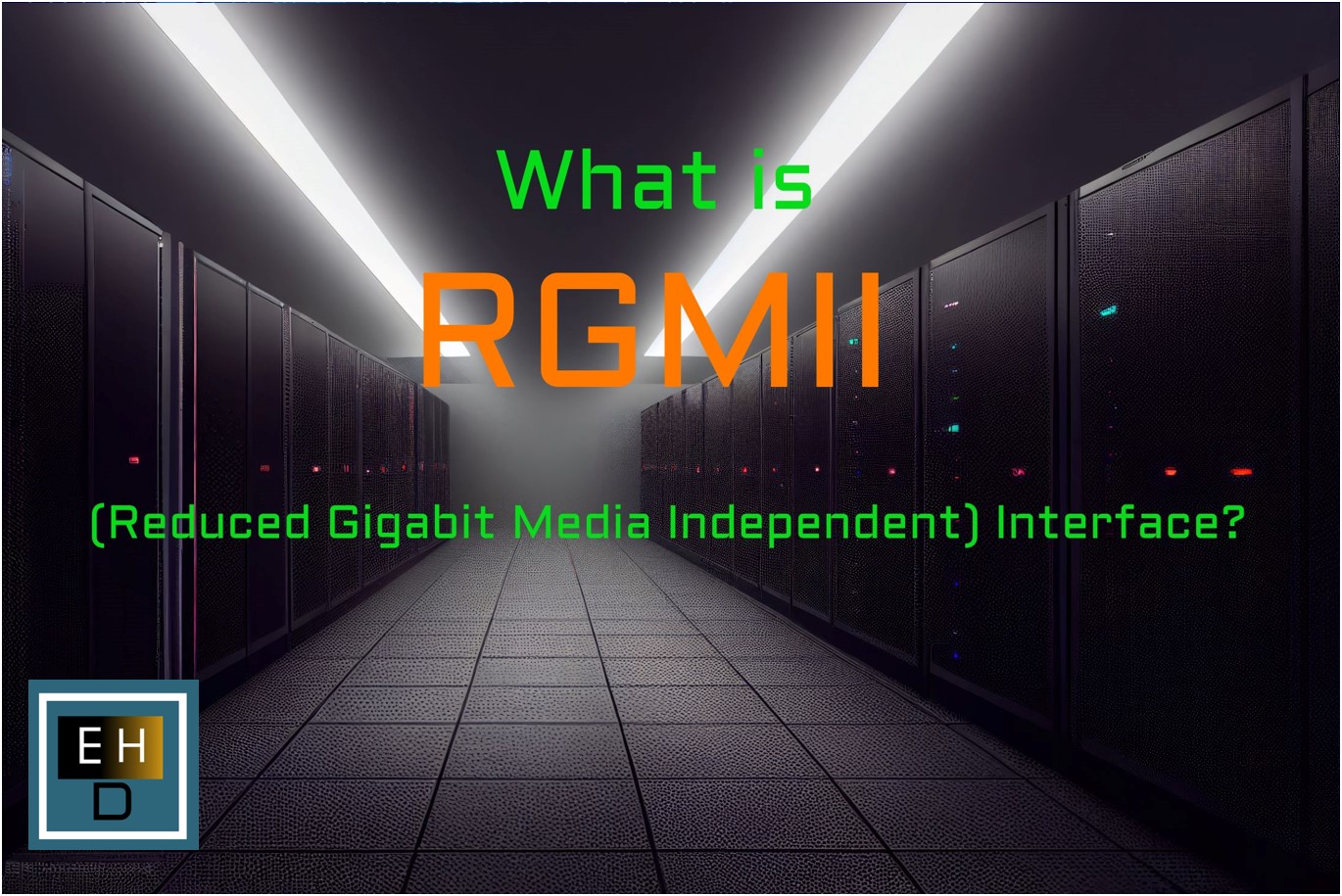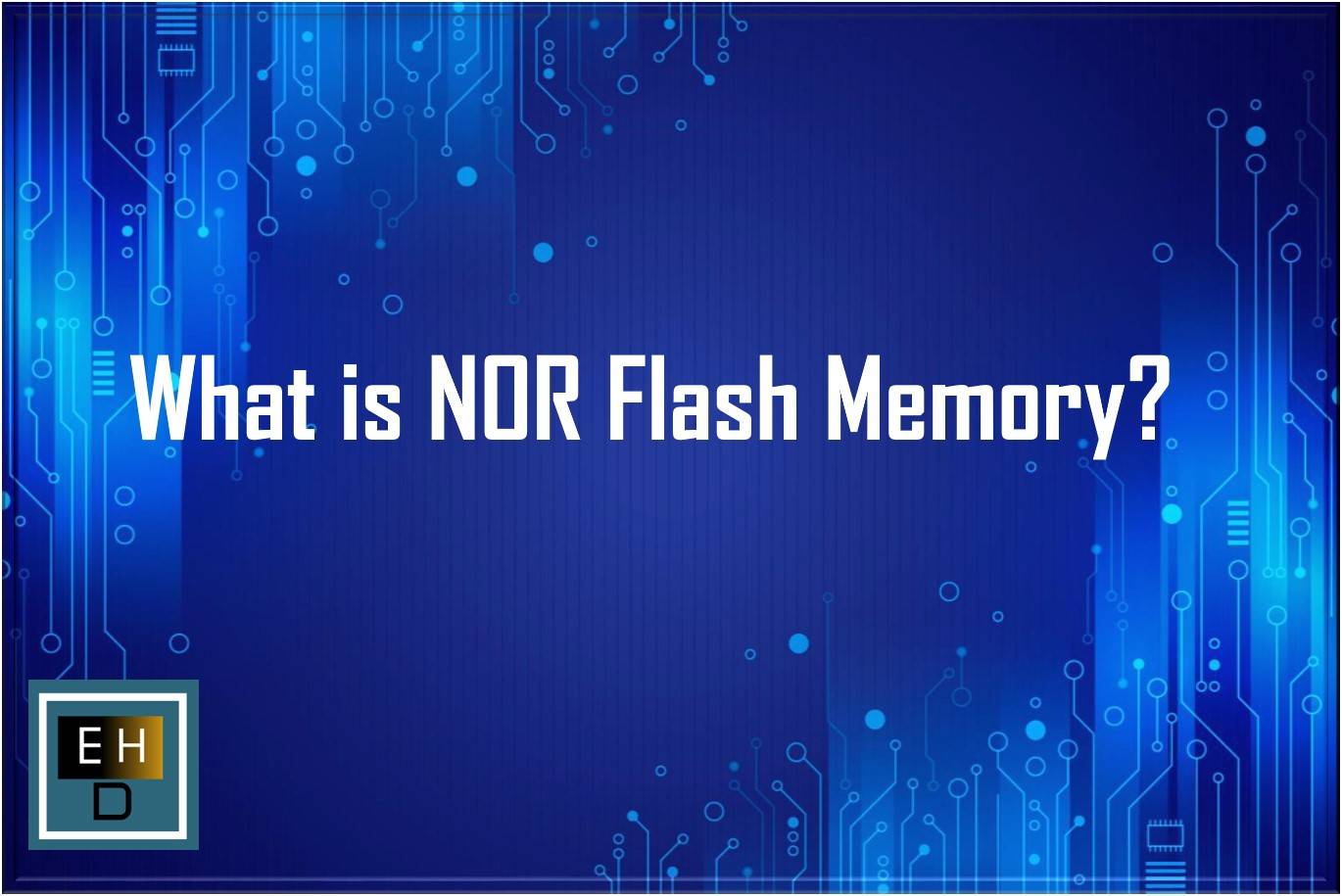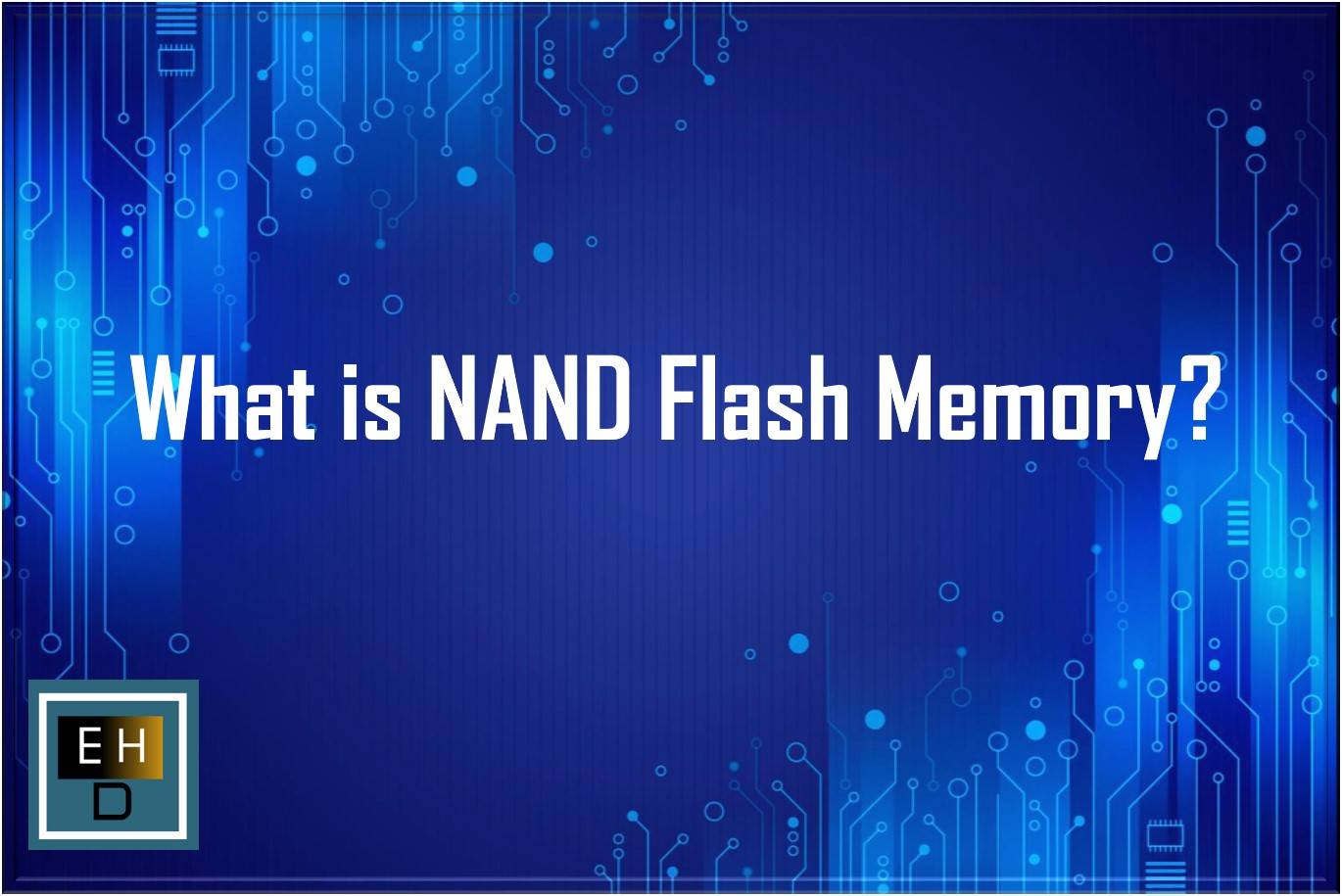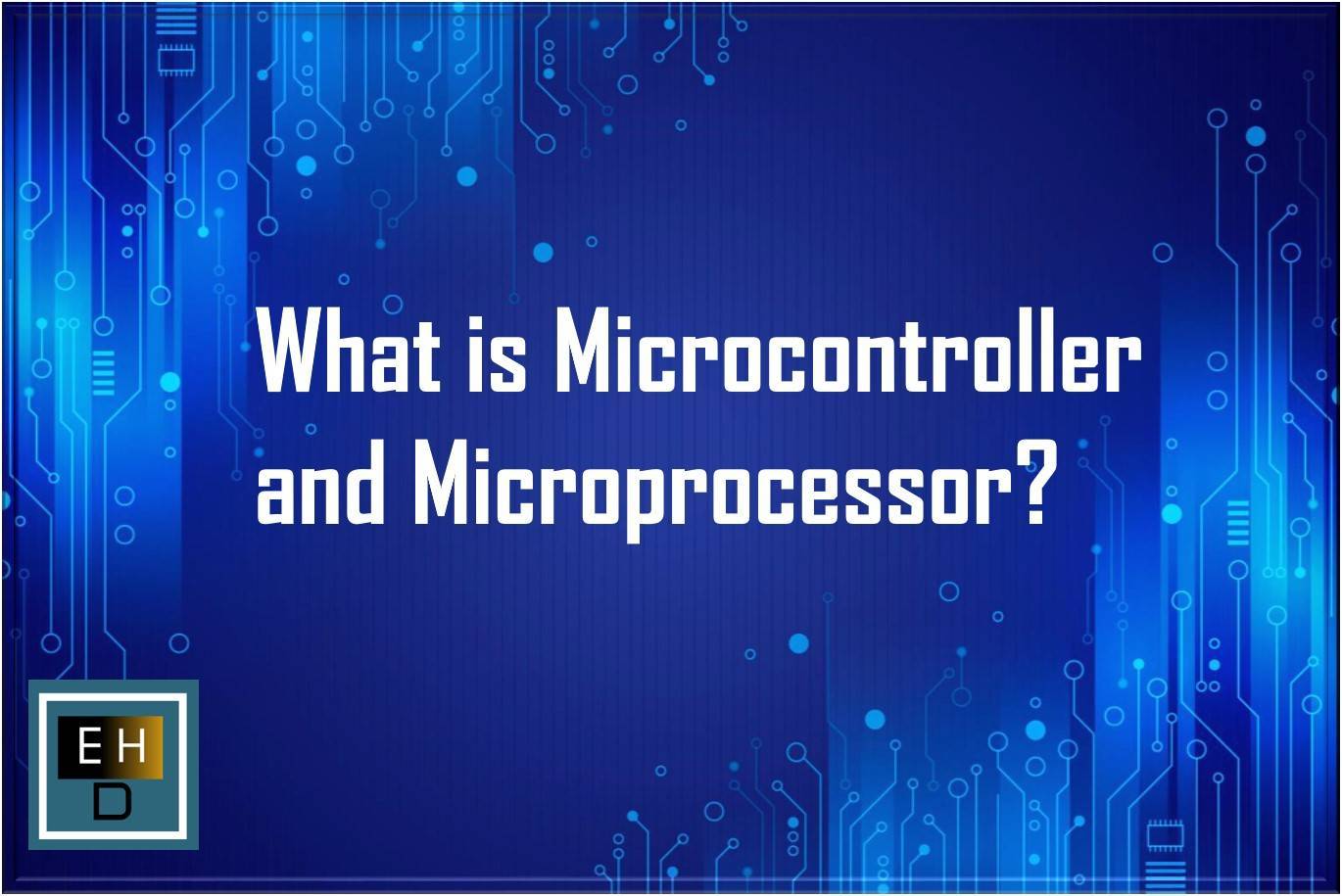STMicroelectronics, a global leader in semiconductor solutions, has introduced the STSAFE-V100-Qi secure element to enhance privacy and security in in-car wireless charging. STMicroelectronic’s latest STSAFE-V100-Qi secure element has been integrated into Indie Semiconductor’s Qi wireless in-car charging reference design specifically with iND87200. This integration marks a significant step forward in safeguarding car occupants’ data and devices during wireless charging.

ST’s cutting-edge STSAFE-V100-Qi integrated circuit (IC) for in-car charging meets the latest Wireless Power Consortium (WPC) specifications, prioritizing the inclusion of a secure element for protection. This IC not only complies with WPC standards but also attains Common Criteria (CC) EAL4+ certification, ensuring top-tier cybersecurity measures for Qi chargers.
ST’s established secure element families, renowned for preserving data confidentiality and integrity in sectors like banking and identity protection, seamlessly integrate into Indie’s Qi wireless charging reference design. As per the ST’s latest update, this collaboration with Indie Semiconductor significantly contributes to optimizing charging efficiency and safety, especially within automotive applications.
A Brief Overview of STSAFE-V100-Qi
STSAFE-V100-Qi is not only designed to meet the Qi standards but also bolsters security measures with support for secure boot, storage, and software updates. This additional layer of protection fortifies defenses against potential threats such as remote tampering, counterfeiting, and unauthorized duplication. Engineered with secure software updating capabilities, this IC guarantees sustained high-level security throughout the vehicle’s lifespan.
ST’s STSAFE-V family presents a diverse lineup of secure automotive solutions, with the STSAFE-V100-Qi specifically tailored for WPC QI wireless charging in vehicles. This dedicated solution adheres to the stringent WPC 1.3.x and 2.0 authentication protocols. Operating within the automotive temperature range of -40°C to 105°C and boasting AEC Q100 qualification, the STSAFE-V100-Qi offers reliability and compliance for automotive applications. It’s available in UFQFPN32 and TSSOP20 packages.
This secure element employs advanced security measures like asymmetric cryptography with the Elliptic Curve Digital Signature Algorithm (ECDSA) using SHA-256 for digital signature generation and verification. It also holds a Common Criteria EAL6+ certification, ensuring robust security against fraudulent changes and physical attacks. With features like highly reliable flash memory, ESD protection up to 4 kV, and support for SPI and I²C communication, this element provides a fortified layer of protection, which works independently or in conjunction with software-based security.
ST’s secure elements not only safeguard intellectual property and prevent unauthorized access but also prioritize electrical safety and data privacy for end-users during charging. The reference design encompasses ST’s ST25R3920B NFC reader, specially qualified for automotive use, handling pairing, and NFC card protection within Qi chargers. Overall, these elements represent a sophisticated approach to fortifying automotive wireless charging systems with advanced security and reliability features.
A Brief Overview of iND87200
The iND87200 by Indie Semiconductor stands out as a highly integrated IC designed explicitly for in-cabin wireless charging applications within automotive settings. iND87200 is compatible with the Wireless Power Consortium (WPC) 1.3 specification.
It not only brings Qi standards compliance but also supports emerging features like maximum power point (MPP) wireless charging. This device is equipped with an integrated boost converter capable of delivering up to 15W across the entire VBAT operating range.
Notably, its advanced power sensing circuitry monitors real-time system impedance and phase, empowering system designers to optimize tuning and algorithms, and facilitating features like adaptive foreign object detection not commonly found in other solutions.
Its dual-core design, comprising an Arm Cortex M4F processor and a dedicated Arm Cortex M0 processor for the WPC stack, ensures seamless execution of user-specific software without compromising critical timing or interrupt constraints.
Additionally, boasting integrated power management capabilities and a range of serial interfaces (CAN 2.0B, LIN, I2C, UARTs), the iND87200 offers flexibility and connectivity to the vehicle and peripherals. With AEC-Q100 Grade 2 qualification and available development kits, including evaluation boards and interactive GUIs, it presents an efficient solution for streamlined design and production processes in the automotive charging domain.
Indie’s reference design streamlines the development of highly efficient and durable wireless charging systems tailored for the automotive in-cabin environment. Central to this design is the iND87200 wireless-charging IC by Indie, boasting unparalleled semiconductor integration that reduces the bill of materials by nearly half compared to discrete setups. This IC also simplifies compliance with WPC Qi standards.
Moreover, the Common Criteria for Information Technology Security Evaluation (CC) ensures rigorous assessment of products’ security attributes at defined assurance levels (EALs). The iND87200’s EAL4+ certification signifies its methodical design, extensive testing, and robust vulnerability resistance, making it suitable for applications such as Qi charging in automotive settings, demanding high-level security standards.
Author Profile
- 20+ years embedded hardware design professional with a burning passion for teaching. Sharing the intricate world of embedded hardware is my mission and joy.
Latest entries
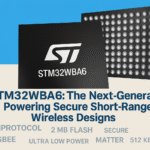 Tech Updates30 November 2025STM32WBA6: The Next-Generation MCU Powering Secure Short-Range Wireless Designs
Tech Updates30 November 2025STM32WBA6: The Next-Generation MCU Powering Secure Short-Range Wireless Designs Blogs24 November 2025High-Speed PCB Layout Design Guide-104
Blogs24 November 2025High-Speed PCB Layout Design Guide-104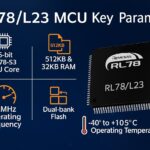 Tech Updates14 September 2025Renesas Launches RL78/L23 Ultra-Low-Power MCUs to Power Smarter Home Appliances
Tech Updates14 September 2025Renesas Launches RL78/L23 Ultra-Low-Power MCUs to Power Smarter Home Appliances Blogs7 September 2025High-Speed PCB Layout Design Guide-103
Blogs7 September 2025High-Speed PCB Layout Design Guide-103


